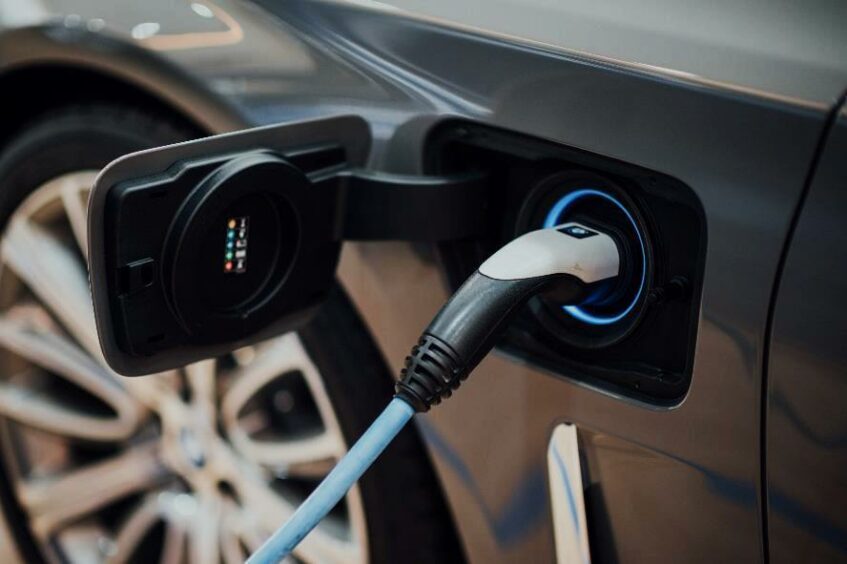Over half of 18-24s said the COP 26 climate summit in November had made them more eager to switch to an electric car sooner than planned – but rising energy prices remain a concern.
Gen Z (born 1997-2012) are the most likely to switch to an electric car in 2022, and they’ll do so for environment reasons, a new study of 2,000 drivers by the car leasing experts at ZenAuto has revealed.
One in eight (12%) motorists aged 18-24s said they plan to swap their petrol or diesel vehicle for an EV model this year, nearly twice the national figure (7%).
They were also the most open-minded about e-cars overall (75% would be happy to drive one), while over 65s were the least eager to get behind the wheel of an EV (only 35% would drive one).
With the majority of young people said to be very worried about climate change1, it may come as no surprise that the environment is playing a big role in this age-group’s interest in EVs.
Costs remain off-putting for many
More motorists aged 18-24s were affected by the COP26 climate summit, held in Glasgow in November 2021, than any other age-group, with over half (54%) saying it had made them much keener to drive an e-car sooner. Across the nation this figure stood at a much lower 35%.
A further 43% of “GenZed” felt that the fuel crisis in September had altered their opinion on driving petrol or diesel vehicles in the future too, which was more than double the nationwide figure of 19%.
It’s clear that younger generations are eager to explore greener alternatives
But while willingness is high, barriers to switching remain. The initial cost of EV models was cited as being problematic for six in ten (61%), with one in eight (13%) saying they’d like to be able to switch to an e-car now but can’t afford to.
Vehicle range (51%) and access to a charging point (33%) were also considered particularly off-putting by this age-group, as well as rising energy prices which could make charging more expensive (25%).
Vicky Kerridge, head of consumer experience and brand at ZenAuto, said: “It’s clear that younger generations are particularly concerned about the threat of climate change, and they’re eager to explore greener alternatives that can help reduce their carbon footprint.”
More information here: zen.auto/info-hub

